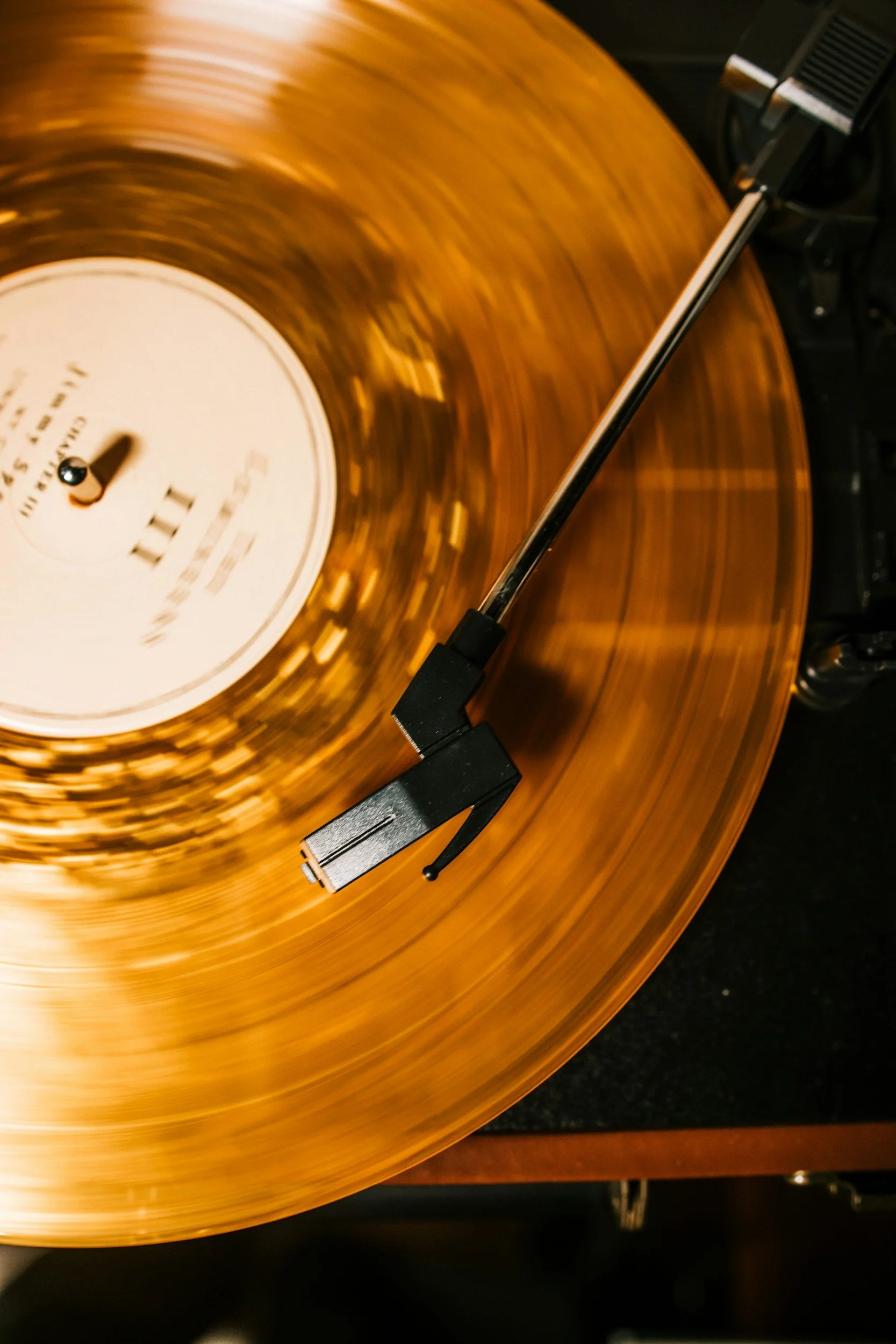Rising
On an early evening during our first pandemic winter, I closed my laptop and commuted from my home office upstairs to our kitchen below. Another day of quarantine, another at-home meal to prepare for my family. That afternoon I had kneaded pizza dough and left it to rise inside the corner cabinet, warmed by the heating duct that runs beneath it. Now, the plaid kitchen towel draped over the bowl puffed above the rim, like the fabric below the empire waist of a maternity dress. I set the temperature for a hot oven, greased the two cookie sheets I was using as pizza pans and began to wrestle that dough into rectangles.
The dough tore. It snapped back from the edges. The rips widened. When I finally realized that I was practically pile-driving the pizza, I stopped. Slowly, I began to palp the pizza dough instead, channeling the hands of my Italian mother-in-law, Lena.
Something within me shifted, too. I took a deep breath, lowered my head, and my overgrown bangs untucked themselves from behind my left ear, brushing my cheek. My muscles loosened, unhitching that spot in my lower back where I carry my stress. My fingertips, slicked with olive oil, pinched together the rips in the pizza dough and coaxed it into the four corners of the pans.
Lena and I spent most of our time together in her home in Northern Italy, where she did not welcome help with cooking and cleaning. During summer and winter breaks, my husband, kids and I would move into the empty upstairs apartment and join my in-laws downstairs for meals Lena prepared, on dishware she hand washed her way, in scalding water. She handled the laundry and held the television’s remote control. All in all, my mother-in-law and I were often in close quarters, but we were not particularly close, never bridging our differences the way my more affable father-in-law, Angelo, and I did.
Through those years, I admired the rules and routines that made Italian homes clean and most meals simple yet delicious. Yet at a certain point, I tired of even hearing the phrase “passare lo straccio,” the obligatory morning mopping. I gave my children finger foods in the highchair, even though the Italian custom was for mothers to imboccare—spoon feed—for much longer. During damp winters, the ubiquitous stendipanni that holds clean, wet clothes as they air dry seemed to taunt me, its hinged limbs akimbo, with housework constantly in my face. In summers I watched women stirare, steam hissing and rising as they ironed towers of clean clothes, sheets, towels and tablecloths, and I itched to free them all from what I saw as old-fashioned housewife duties.
“Grazie,” I said to Lena one day as she handed me our laundry, “but you don’t need to iron our socks.”
She said nothing, but a few days later Angelo let me know I had offended her. I had disrespected her and how she ran her home. I did not see Lena’s side, he said.
While it’s true I had trouble seeing the world—and housekeeping—from Lena’s perspective, I did observe and learn many things from her. When our first-born was just a few months old, Lena and Angelo visited us in the United States. Listening to my mother-in-law coo to our daughter, I learned to speak baby-talk in Italian. She read our local newspaper at the kitchen table, standing over it and scanning each page. “I’m like a child who only understands the pictures,” she told us, laughing, but she stuck to her daily routine, even though her newspaper, L’Eco di Bergamo, was a continent away. Hearing Lena’s daily reports about the squirrels and neighbors on our street, I wondered why I looked out the same windows and saw such a different world, empty and uninteresting. Watching her in our kitchen, I picked up how she made pizza.
First, Lena mixed warm water, olive oil, salt and yeast in a big bowl, eyeballing each measure. Then she tipped flour into the liquid and mixed it all together with a fork, then her hands. After spreading a thin layer of flour on the faded Formica countertop, Lena dropped the dough and worked it. She leaned into the mass, using the heels of her palms, favoring the wrist she once broke when she fell while cleaning the slick marble stairs in her house. When the pizza dough stuck to her skin, she added more flour. Whatever she found in our kitchen, she put on top: tomato, seasonings, any cheese in the fridge, green olives, shaved ham, anchovies, artichoke hearts, capers.
My in-laws returned to Italy, and I took over the pizza making, mimicking my mother-in-law’s motions and measures. Then our one child became two. Then three. Work kept me until 5:00, until 6:00, until “Let me finish one more thing.” My university career fulfilled me: teaching, publishing, tackling an administrative role. Homemade dough requires forethought, and during my busiest parenting and working years, my mind was elsewhere. By the time COVID hit, years had passed since I made my last pizza.
Now, back in the pandemic and back in my kitchen, I could hear my youngest upstairs in his bedroom, trash-talking with his friends on Discord while they played Minecraft, even though he was falling further and further behind on his middle school remote learning. My high schooler still lived at home but flouted quarantine, creating constant worry for me. My husband would be home soon from his business where he had managed to keep his employees working and safe, their manufacturing duties deemed essential by our governor while my job switched to remote. Though I longed for my campus office where I thought and worked best, nestled in a corner of the quad, I set the table, fed the dog and moved the clean clothes from the washer to the dryer. Like old times, I slid the cookie sheets into the oven. And while the dirty dishes soaked, I wiped down the counter, the flour residue gumming up my wet sponge.
Like women everywhere, I often felt the pandemic would break me. I was constantly working: doing my job from home, supervising my kid’s missing homework on multiple platforms, feeding the family, cleaning house and trying to keep the virus out. On top of that, I could no longer rekindle my spark with dinner out with girlfriends or slip off to a matinee to see a foreign film. Yes, so many had lost so much more than I had during the pandemic; still, there I was, losing myself in the drudgery.
“Francesco!” I yelled up the stairs, knowing my son could barely hear me through his gaming headset. “Come down for dinner.” His older brother wasn’t around, but my husband was home, and the pizzas were ready. Their toasty smell mingled with the twang of tomato and bits of bleu cheese mixed with mozzarella on top.
“This is pizza?” Francesco asked, looking at his plate. He was two when Lena passed away. He never had the chance to get to know his nonna. He doesn’t remember her pizzas or mine.
“Buona!” my husband pronounced as he ate. “Veramente buona.”
Francesco only nibbled on his slice then told me he could give me some tips and tricks for making pizza, as if he were a YouTuber offering video game hacks. “It should be round,” he said, “the dough needs to be thinner and this crust is too crispy.”
I looked at him. I raised my eyebrows. His critique burned.
I had been trying to get a grip on so many things I couldn’t control. The virus. My highschooler’s behavior. My sense of self while homebound. Francesco didn’t see my side, all the effort it took to keep a house and family together during a pandemic or otherwise. He hadn’t been downstairs and watched my body unclench when I finally loosened my grasp. He couldn’t feel my triumph at making pizza for the first time in years: I still had it! To remember how to make the pizza, I rewound in my mind to a time when he wasn’t yet born and played out the scene of Lena in our kitchen, everything unfamiliar to her, yet with a pinch, a dash, a slice, a drizzle, and a firm touch with the dough, she cobbled together something delicious for the family. To him, I was just serving weird pizza. To me, I was offering up a family heritage from a culture that wasn’t mine but that I valued and absorbed. I was bringing to the table an intuitive approach to cooking, a way of making something good from what you have on hand that just might guide me outside the kitchen, too.
I dropped my eyebrows and laughed, the sting already gone. “Grazie,” I said, and we all laughed together, the tension lifting like the plumped-up pizza dough I had ripped then mended.
-Annie Abbott
Annie Abbott is a professor of Spanish at the University of Illinois, Urbana-Champaign where she teaches --and is still learning-- about multiple cultural perspectives.




